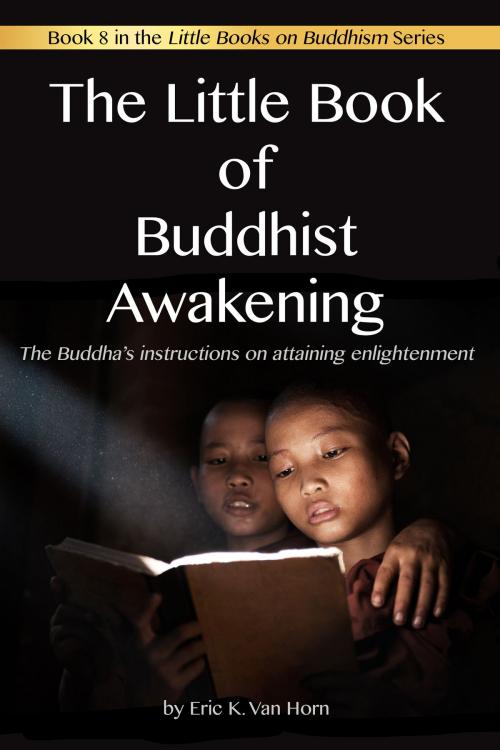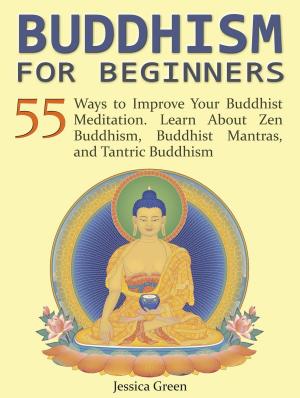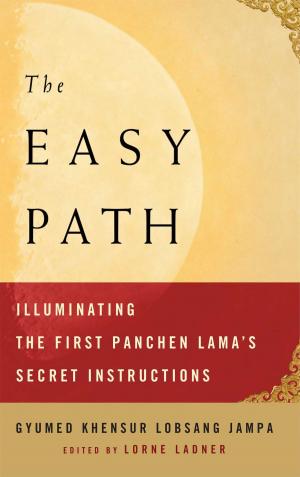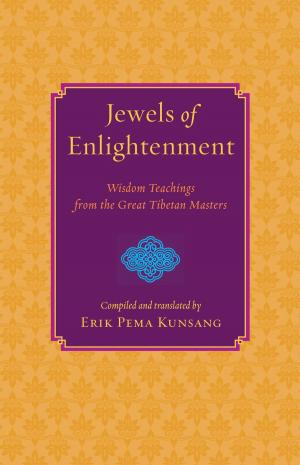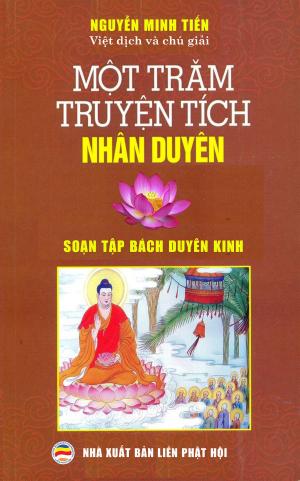The Little Book of Buddhist Awakening
Nonfiction, Religion & Spirituality, Eastern Religions, Buddhism| Author: | Eric Van Horn | ISBN: | 9781370142187 |
| Publisher: | Eric Van Horn | Publication: | October 20, 2016 |
| Imprint: | Smashwords Edition | Language: | English |
| Author: | Eric Van Horn |
| ISBN: | 9781370142187 |
| Publisher: | Eric Van Horn |
| Publication: | October 20, 2016 |
| Imprint: | Smashwords Edition |
| Language: | English |
The Little Book of Buddhist Awakening looks at the subtle and elusive questions about awakening, what is also commonly called “enlightenment.” What does it mean to awaken? What are the different ways in which the Buddha described the end of the Noble Eightfold Path? What are common misconceptions about awakening?
Next there is a discussion about how to create the causes and conditions conducive to awakening. How should you practice? How does individual temperament affect the process of awakening? How do you practice in a balanced way so that all the different parts of the practice develop together?
Then there is a discussion about the first stage of awakening, what is called “stream-entry.” What does it mean to “enter the stream?” How did the Buddha define the different stages of awakening? What are the requisite conditions for moving toward and attaining stream-entry? What are barriers to stream-entry?
Finally there are qualities of mind that put the dedicated meditator on the path to stream entry: dispassion, the still mind, and the “inner observer,” what is also called “mind watching mind.” There is a description of how we fabricate our experience, and how behind that fabrication is a subtle intention.
As our skill as meditators deepens, we see into this causal process, and how our mind takes this process of cause and effect and turns it into a substantial “self.” Over time and with dedication this seeing and understanding leads to cessation, the end of mental fabrication and the end of stress and suffering, to liberation and nirvāṇa.
The Little Book of Buddhist Awakening looks at the subtle and elusive questions about awakening, what is also commonly called “enlightenment.” What does it mean to awaken? What are the different ways in which the Buddha described the end of the Noble Eightfold Path? What are common misconceptions about awakening?
Next there is a discussion about how to create the causes and conditions conducive to awakening. How should you practice? How does individual temperament affect the process of awakening? How do you practice in a balanced way so that all the different parts of the practice develop together?
Then there is a discussion about the first stage of awakening, what is called “stream-entry.” What does it mean to “enter the stream?” How did the Buddha define the different stages of awakening? What are the requisite conditions for moving toward and attaining stream-entry? What are barriers to stream-entry?
Finally there are qualities of mind that put the dedicated meditator on the path to stream entry: dispassion, the still mind, and the “inner observer,” what is also called “mind watching mind.” There is a description of how we fabricate our experience, and how behind that fabrication is a subtle intention.
As our skill as meditators deepens, we see into this causal process, and how our mind takes this process of cause and effect and turns it into a substantial “self.” Over time and with dedication this seeing and understanding leads to cessation, the end of mental fabrication and the end of stress and suffering, to liberation and nirvāṇa.
